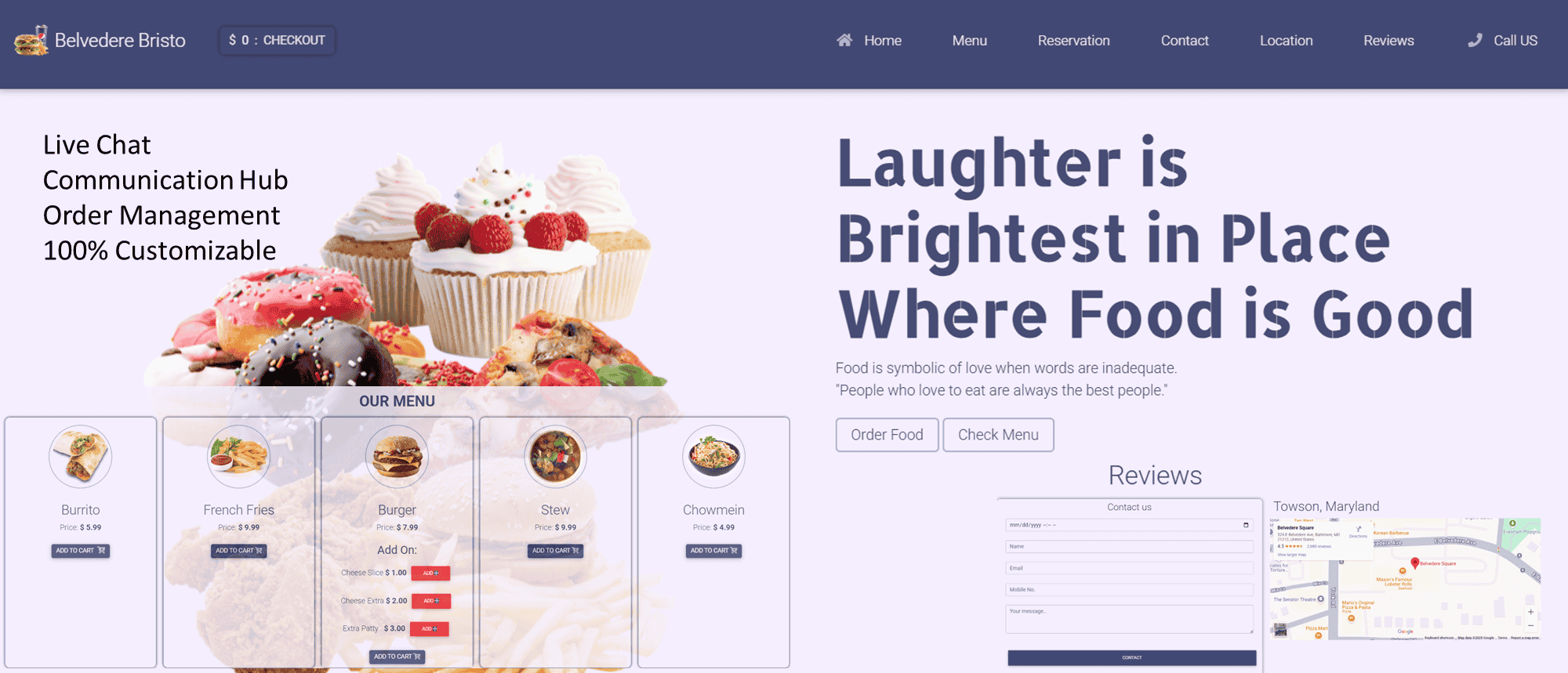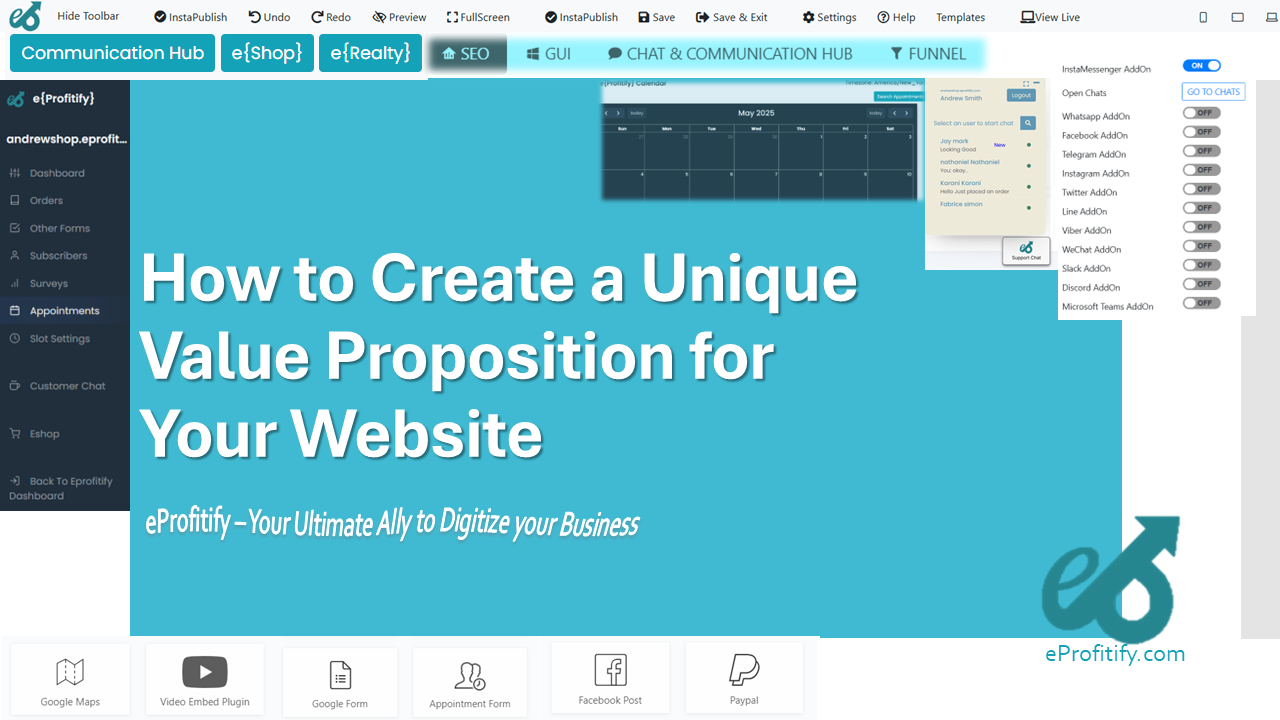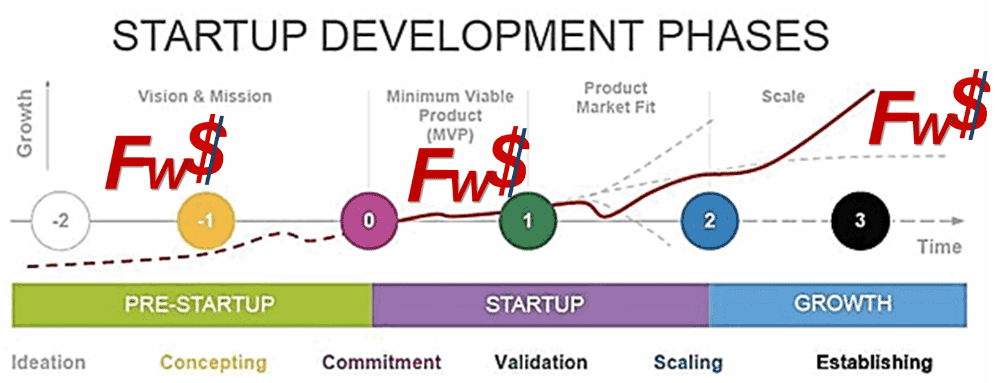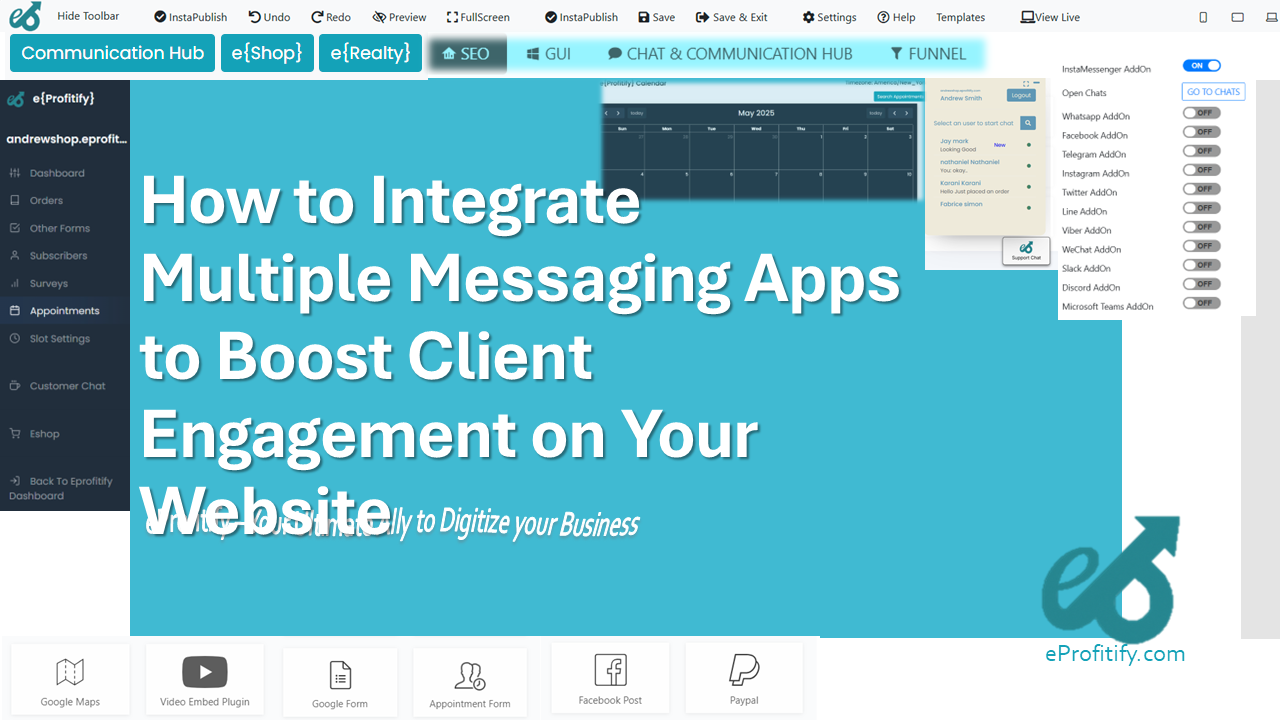Understanding Schema Markup and Its Importance for Restaurants
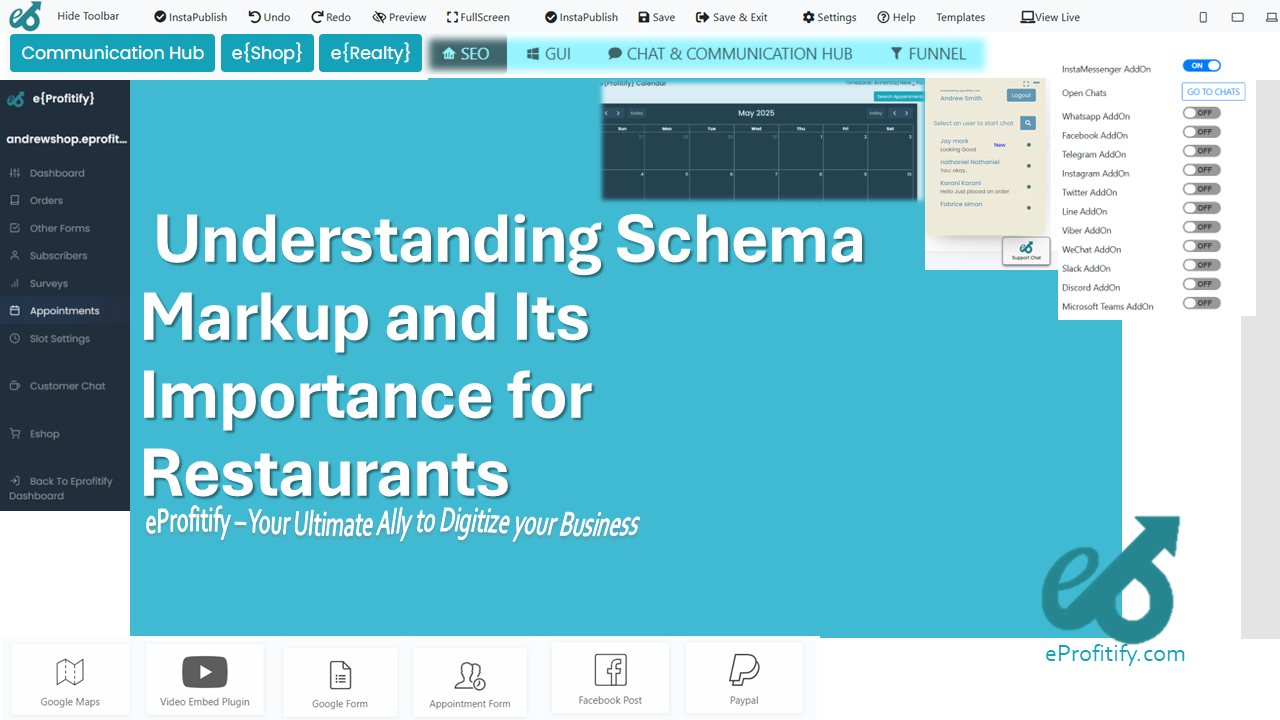
Understanding Schema Markup and Its Importance for Restaurants
Boost Visibility, Attract Customers, and Stay Ahead with Structured Data
Introduction to Schema Markup
Schema markup is a form of structured data code added to a website’s HTML to help search engines like Google, Bing, and Yahoo better understand the content. Think of it as a translator that clarifies the context of your website’s information, turning ambiguous details into precise, machine-readable signals. For restaurants, this could include menu items, prices, operating hours, location, customer reviews, and reservation options. By tagging this data, search engines can display richer, more informative results—known as rich snippets—directly in search listings, improving both visibility and user engagement.
Why Schema Markup Matters for Restaurants
-
Enhanced Search Visibility via Rich Snippets
Rich snippets transform basic search results into eye-catching listings. For example, a restaurant’s search result might display star ratings, price ranges, or even menu highlights. According to a Moz study, pages with schema markup rank 4 positions higher on average in search results, and rich snippets can boost click-through rates (CTR) by up to 30%. For restaurants, this means standing out in a crowded market and attracting more clicks from hungry diners. -
Local SEO and "Near Me" Searches
Over 86% of consumers use Google Maps to find local businesses, and “near me” searches have grown by over 200% in mobile queries since 2017. Schema markup helps restaurants appear in Google’s Local Pack (the top 3 local results) and Google Maps by clearly signaling location data, hours, and services. Properly tagged information ensures your restaurant surfaces when users search for “best pizza near me” or “Italian restaurant open now.” -
Voice Search Optimization
Voice assistants like Siri and Alexa rely on structured data to answer queries. With 50% of U.S. households expected to own a smart speaker by 2025, optimizing for voice search is critical. Schema markup helps voice assistants quickly parse and vocalize your restaurant’s details, such as address or reservation availability, making it easier to capture voice-based searches like, “Where’s the closest sushi spot?” -
Competitive Edge
Despite its benefits, only 30% of websites use schema markup effectively, per Webmasters Stack Exchange. Implementing it gives restaurants a leg up, ensuring they dominate local search results while competitors lag. A case study by BrightEdge revealed that schema markup can drive a 30% increase in organic traffic, directly translating to more diners and revenue.
Implementing Schema Markup for Restaurants
Start by selecting relevant schema types from Schema.org, such as:
- Restaurant
- LocalBusiness
- Menu
- Review
Add JSON-LD code (Google’s preferred format) to your site’s backend. For example:
<script type="application/ld+json">
{
"@context": "https://schema.org",
"@type": "Restaurant",
"name": "La Bella Vita",
"image": "https://labellavita.com/logo.jpg",
"priceRange": "$$$",
"servesCuisine": "Italian",
"address": { ... },
"openingHours": "Mo-Sa 11:00-22:00",
"menu": "https://labellavita.com/menu"
}
</script>Validate your markup using tools like Google’s Structured Data Testing Tool to avoid errors. Regularly update data to reflect menu changes or seasonal hours.
Key Statistics Highlighting Schema’s Impact
- Restaurants with schema markup are 2x more likely to appear in local search results (Local SEO Guide).
- Pages with structured data rank 4 positions higher on average (Moz).
- Voice-based shopping is projected to hit $40 billion in the U.S. by 2024 (OC&C Strategy Consultants).
- 58% of consumers check online reviews before dining (BrightLocal).
Eprofitify: Your All-in-One Digital Solution
While schema markup is powerful, managing it alongside other digital demands can overwhelm restaurant owners. Enter Eprofitify—a leading website management platform designed to simplify and elevate your online presence.
-
Schema Markup Integration
Eprofitify automatically generates and updates schema code, ensuring your restaurant’s details are always search-engine friendly. -
Instant Messaging
Engage customers in real-time via built-in chat, answering questions about reservations or special dietary needs. -
Appointment Management
Let diners book tables seamlessly with an integrated system that syncs with Google Calendar. -
Ecommerce Tools
Sell gift cards, merch, or even meal kits directly through your site with secure payment gateways. -
CRM Integration
Track customer preferences, send personalized promotions, and build loyalty using data-driven insights. -
Analytics Dashboard
Monitor traffic, conversions, and ROI from a single interface, adjusting strategies for maximum impact.
By consolidating these tools, Eprofitify allows restaurateurs to focus on delivering exceptional dining experiences while their digital ecosystem runs smoothly.
Conclusion
In an era where 92% of diners read online reviews before visiting a restaurant (Harvard Business Review), schema markup is no longer optional—it’s essential for visibility and credibility. Pairing structured data with a robust platform like Eprofitify ensures your restaurant not only ranks higher but also operates smarter. From captivating rich snippets to streamlining customer interactions, embracing these tools transforms your digital strategy into a magnet for hungry patrons. Invest in schema markup and Eprofitify today, and watch your tables—and profits—fill up.
